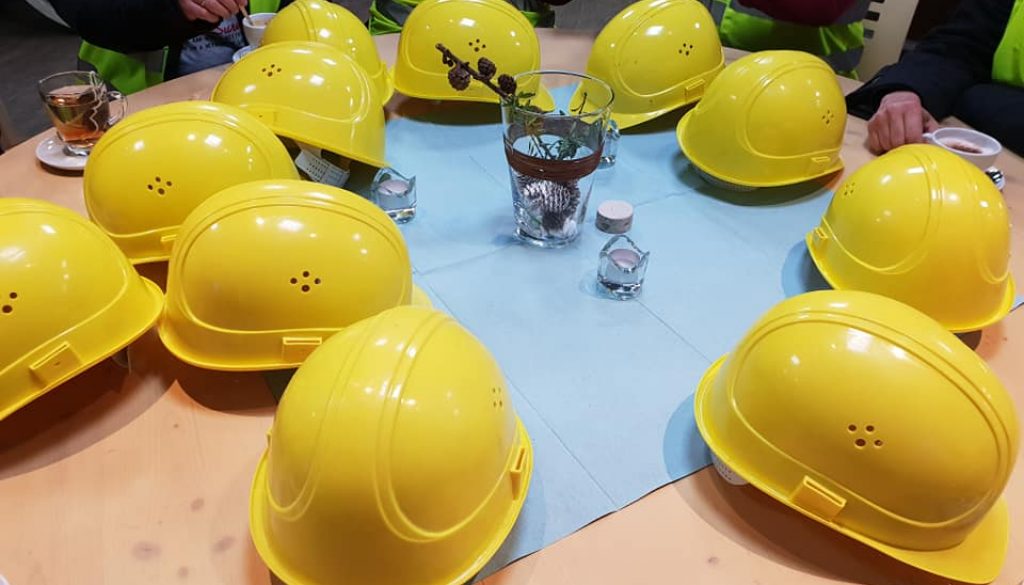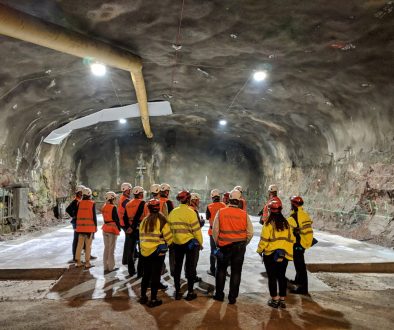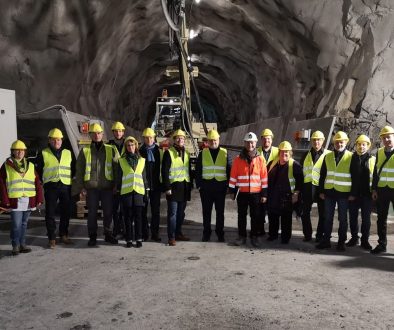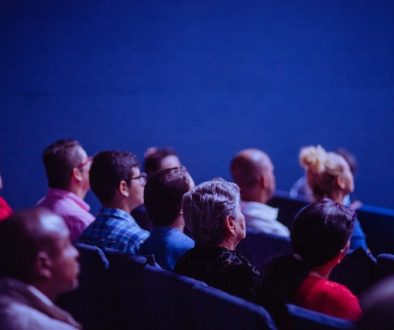Lessons Learnt: Baltic Sea Region Common Identity
There are quite a few ideas, thoughts, lessons that you get as working in a transnational project team. The Baltic Sea Underground Innovation Network (BSUIN) project gave us a great opportunity to learn more about the common identity and differences that we have around our Baltic Sea.
As the BSUIN project team members, we had an online workshop in September 2020. We asked ourselves: What have we learnt about and/or given to the Baltic Sea Region common identity and transnational value?
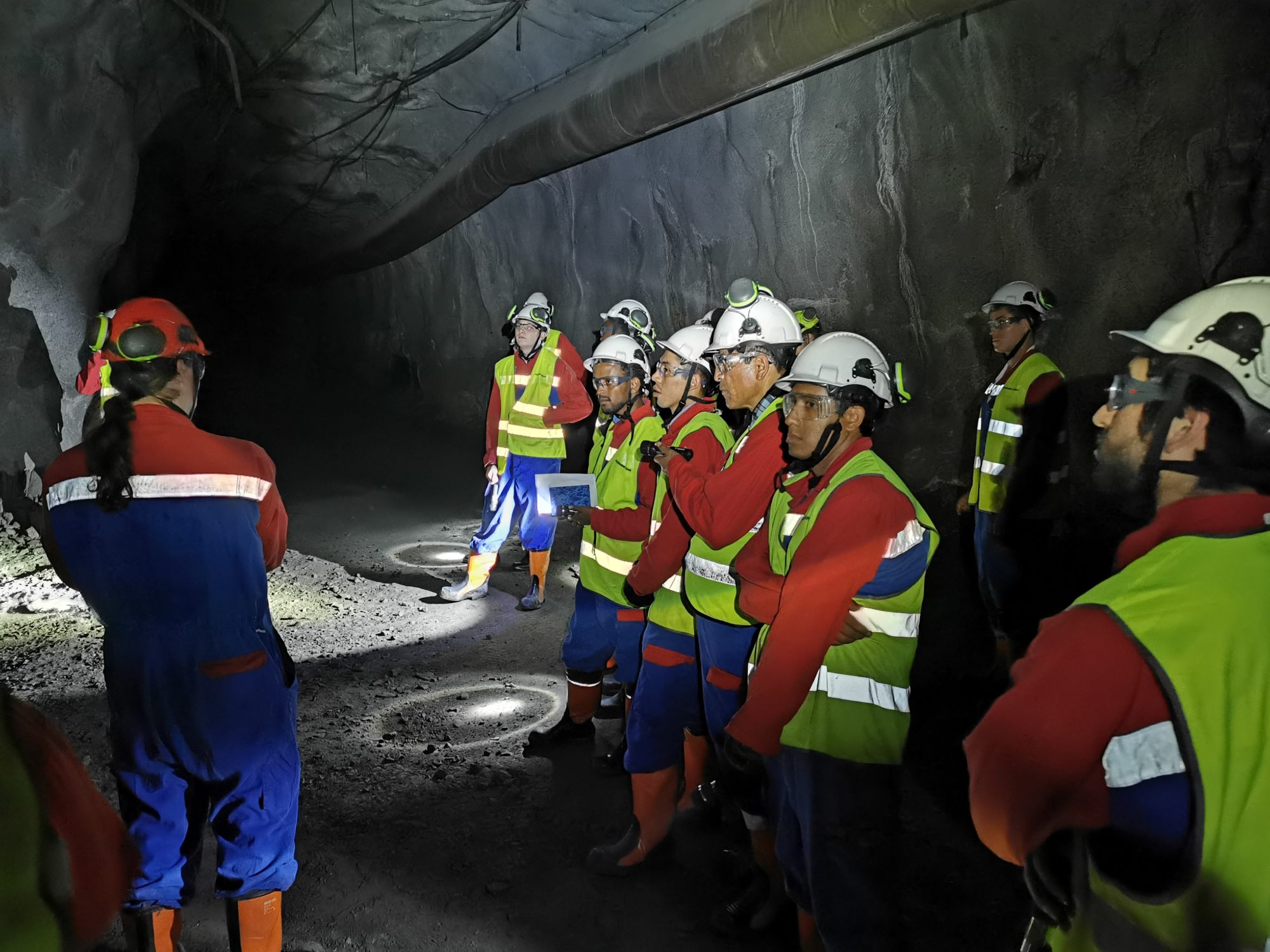 One of the main learnings is that in the Baltic Sea Region (BSR) we have different countries, but the same way of thinking. Getting to know people from different BSR countries helps to understand the shared interests and challenges. We share a lot of similar challenges and possibilities across the whole region, and we are historically strongly interconnected. One remark is, that we are closer to each other than we seem to understand.
One of the main learnings is that in the Baltic Sea Region (BSR) we have different countries, but the same way of thinking. Getting to know people from different BSR countries helps to understand the shared interests and challenges. We share a lot of similar challenges and possibilities across the whole region, and we are historically strongly interconnected. One remark is, that we are closer to each other than we seem to understand.
There is a lot of potential in the Baltic Sea area. This region has a chance to become a global player and lead innovation actor in a very competitive way if we collaborate. Separate countries are not as attractive as the entire region for strategic partners and investors.
Baltic Sea region countries have good mining background, which made the BSUIN project implementation easier. We noticed that there are not-fully-used underground facilities everywhere, and the underground laboratories (UL) have the same challenges. The ULs need an umbrella type of organization so that their voice could be better heard. As a great result of our project, the European Underground Laboratories association (https://undergroundlabs.network/) was founded. In the future, it can have a great impact. It will be one way to combine different funding possibilities and getting actors to work together to be more effective and powerful.
In the coming decades, it is logical to have more intensive cooperation in various areas and sectors in our Baltic Sea Region. We have much more to share and cooperate than compete or ignore.
Development Manager, University of Oulu, Kerttu Saalasti Institute
Project Manager of the BSUIN project
Lessons Learnt blogs are written by BSUIN project members. They tell lessons they have learnt about international collaboration, Baltic Sea cultural heritage as well as co-creation in multinational and multidisciplinary teams.

